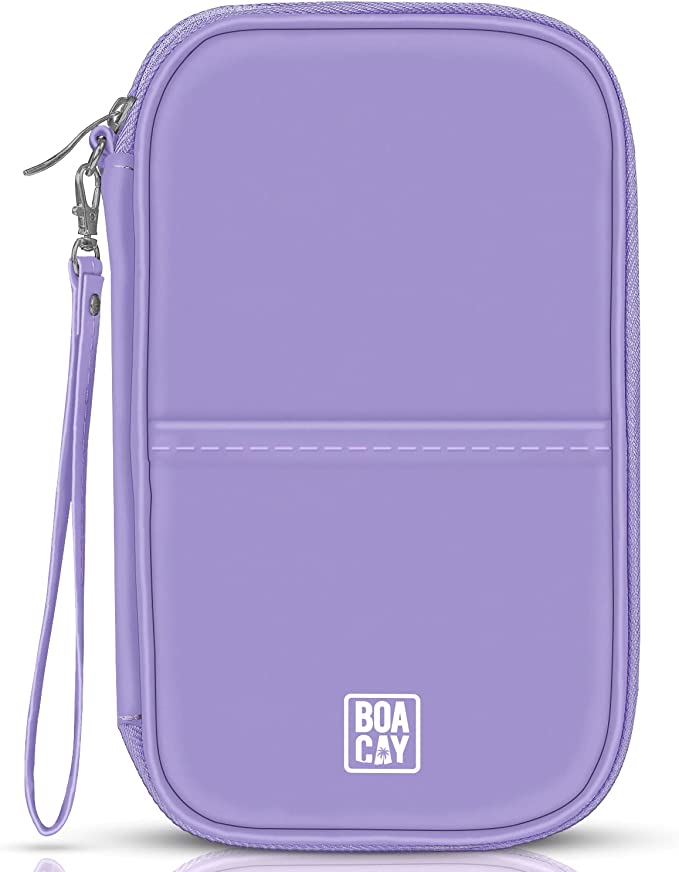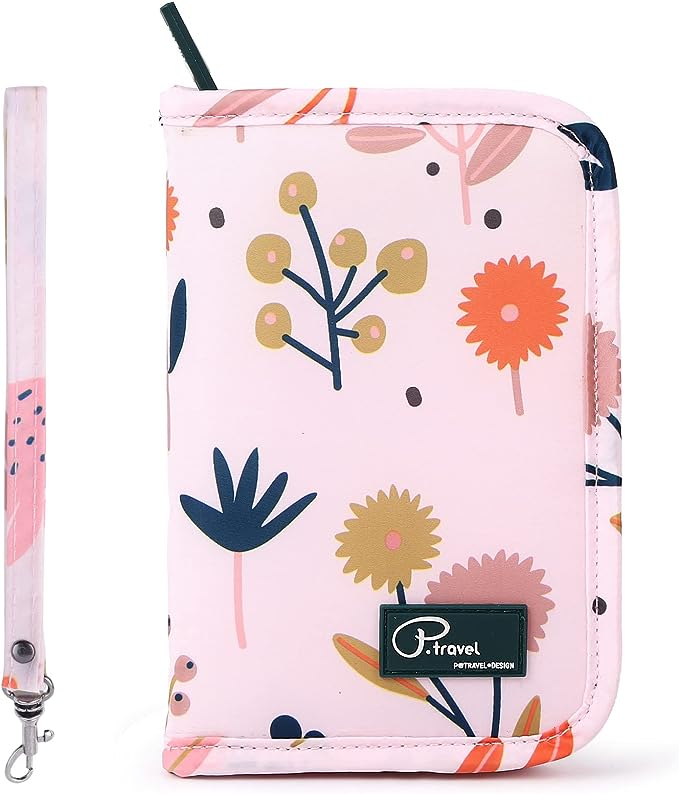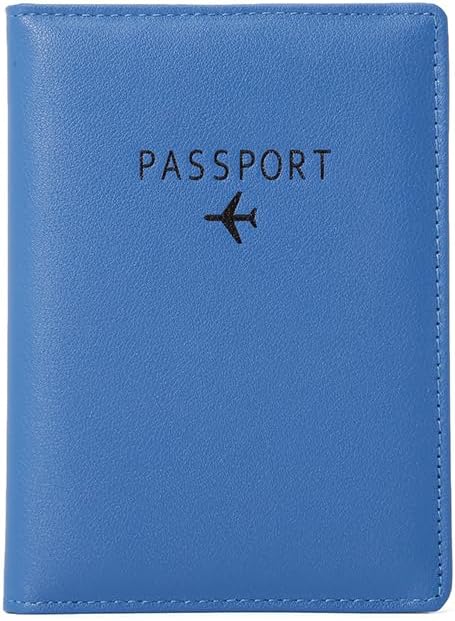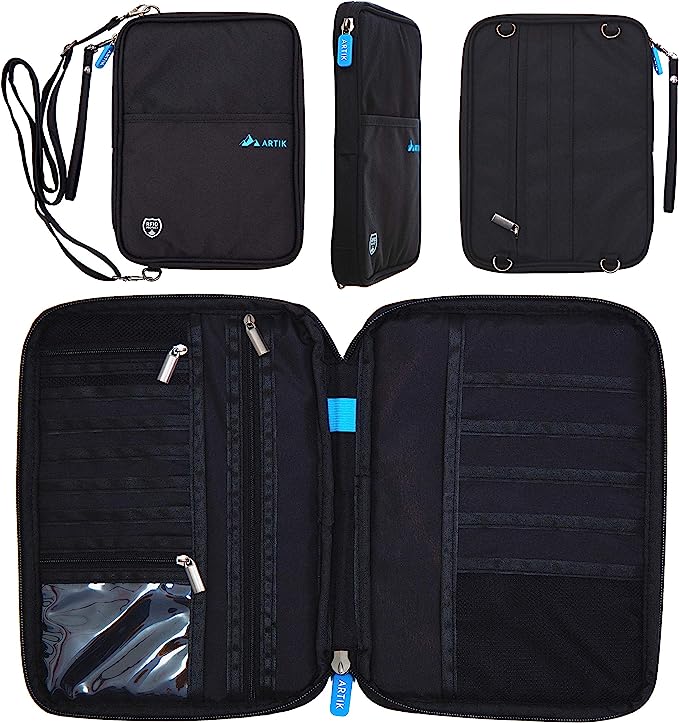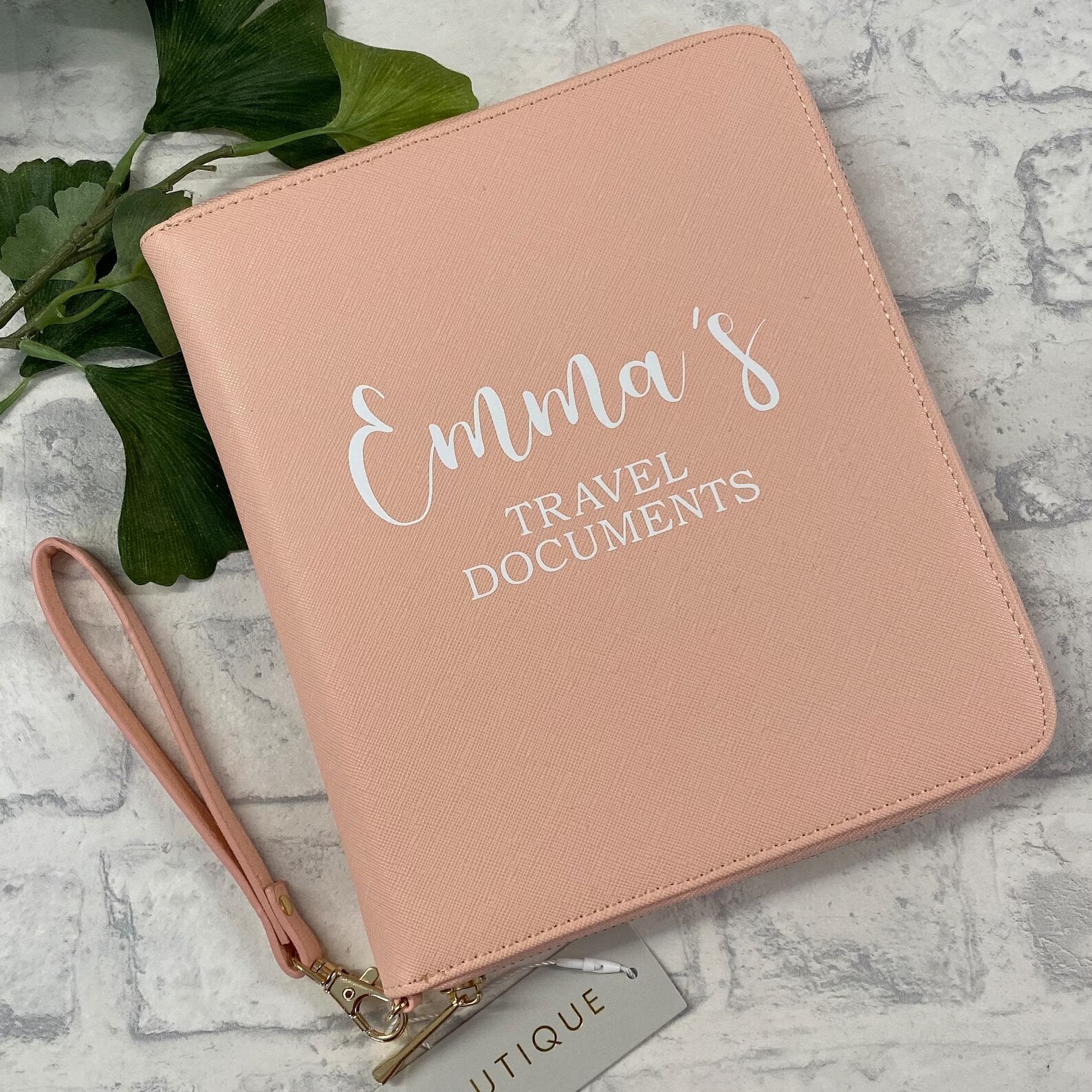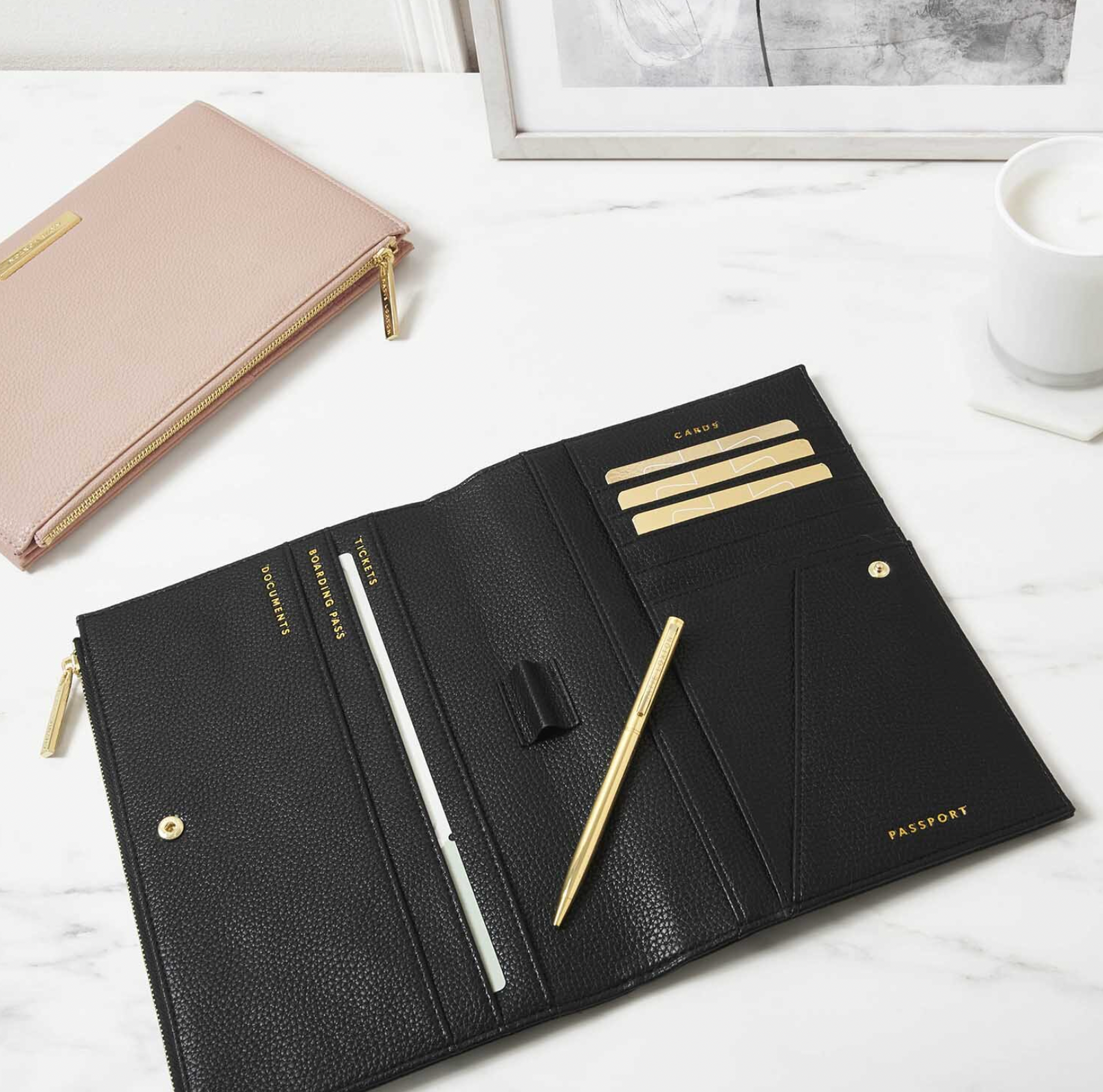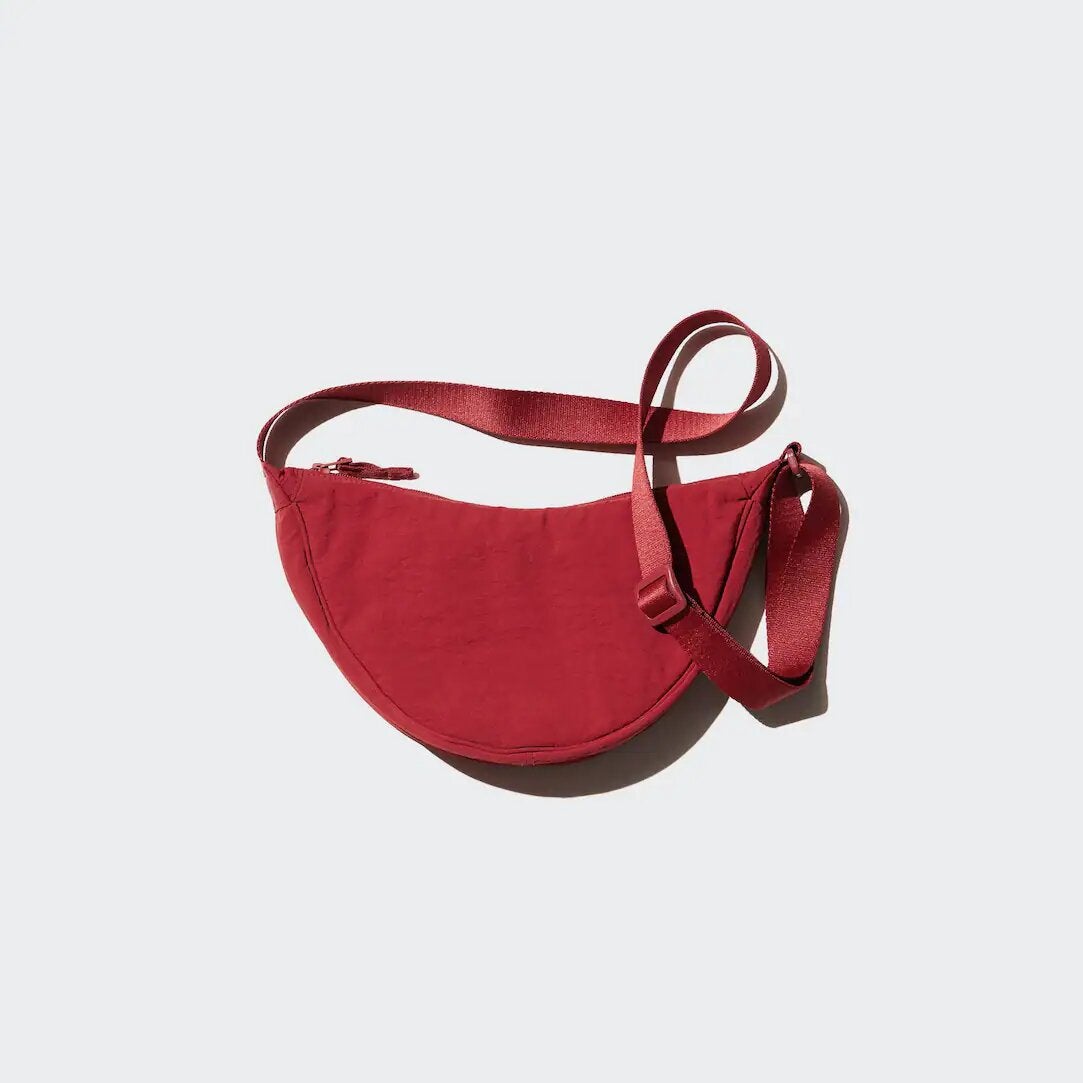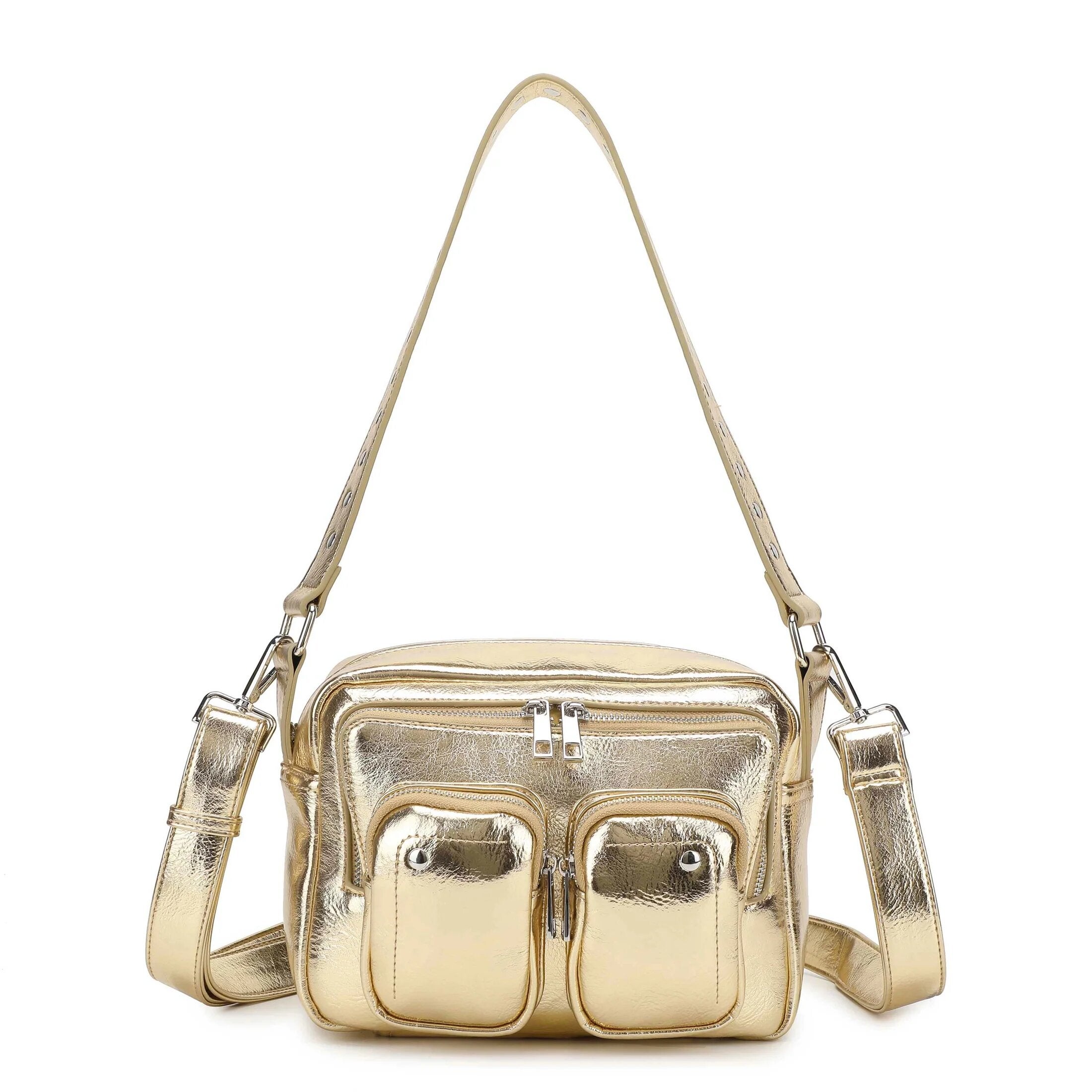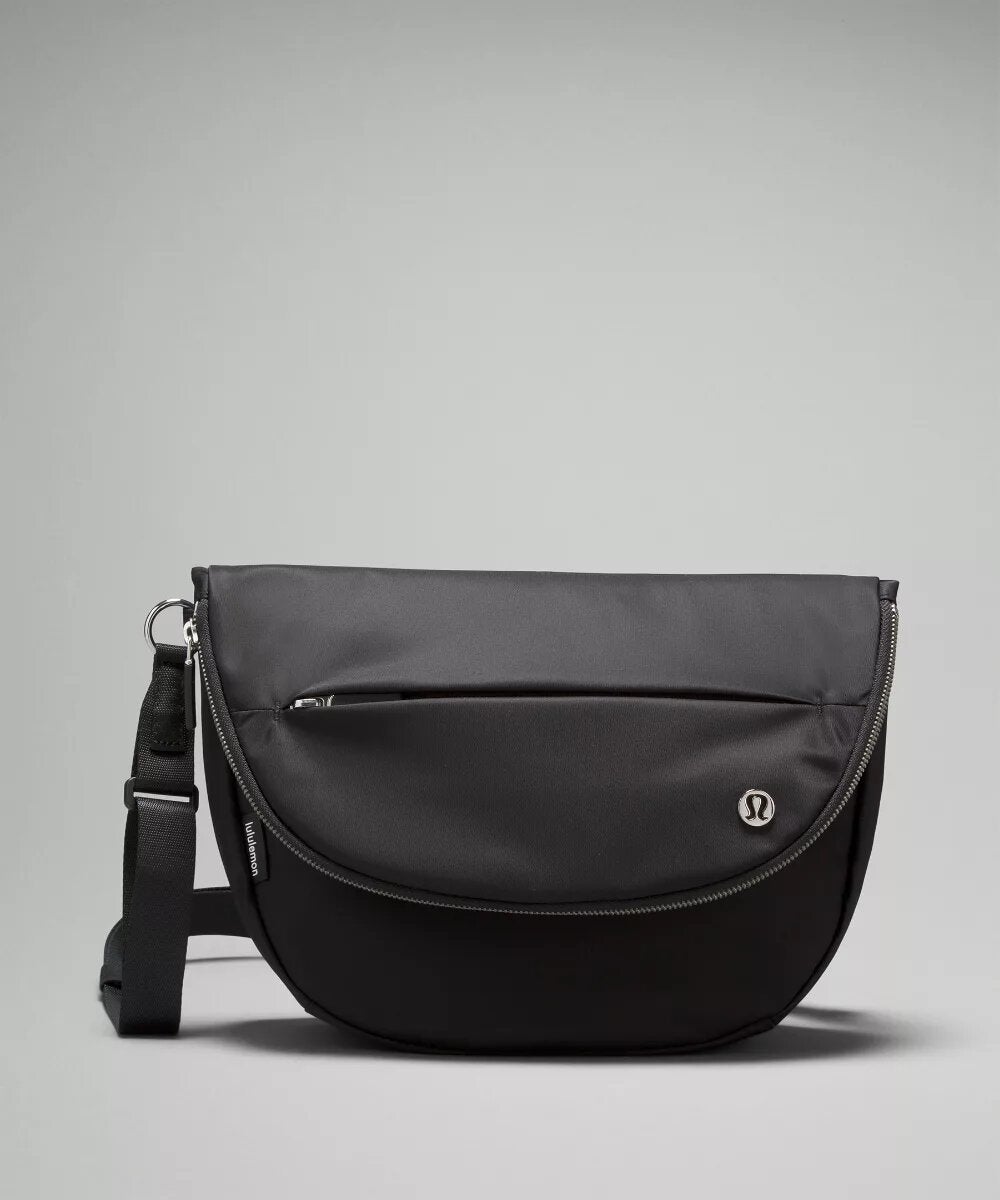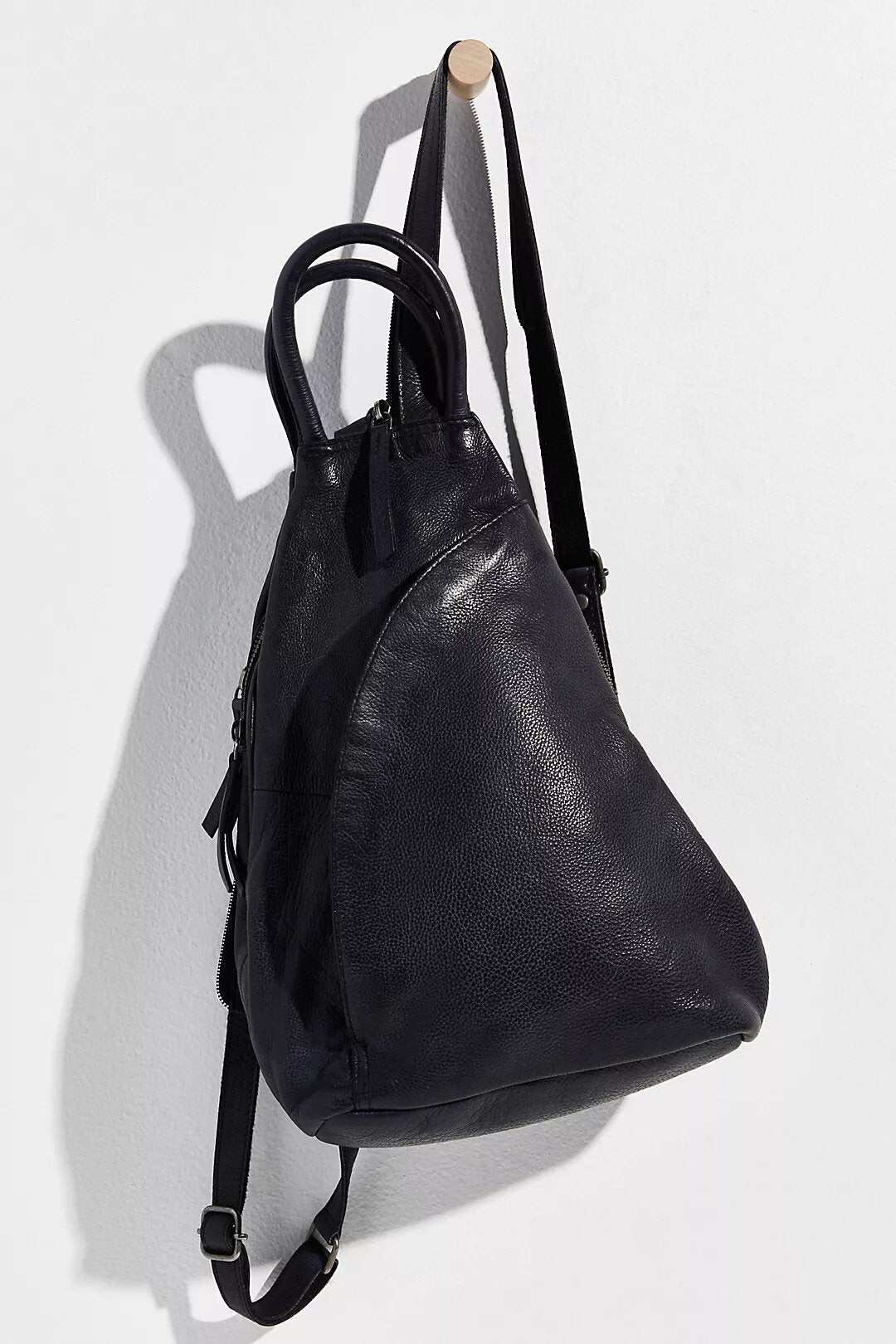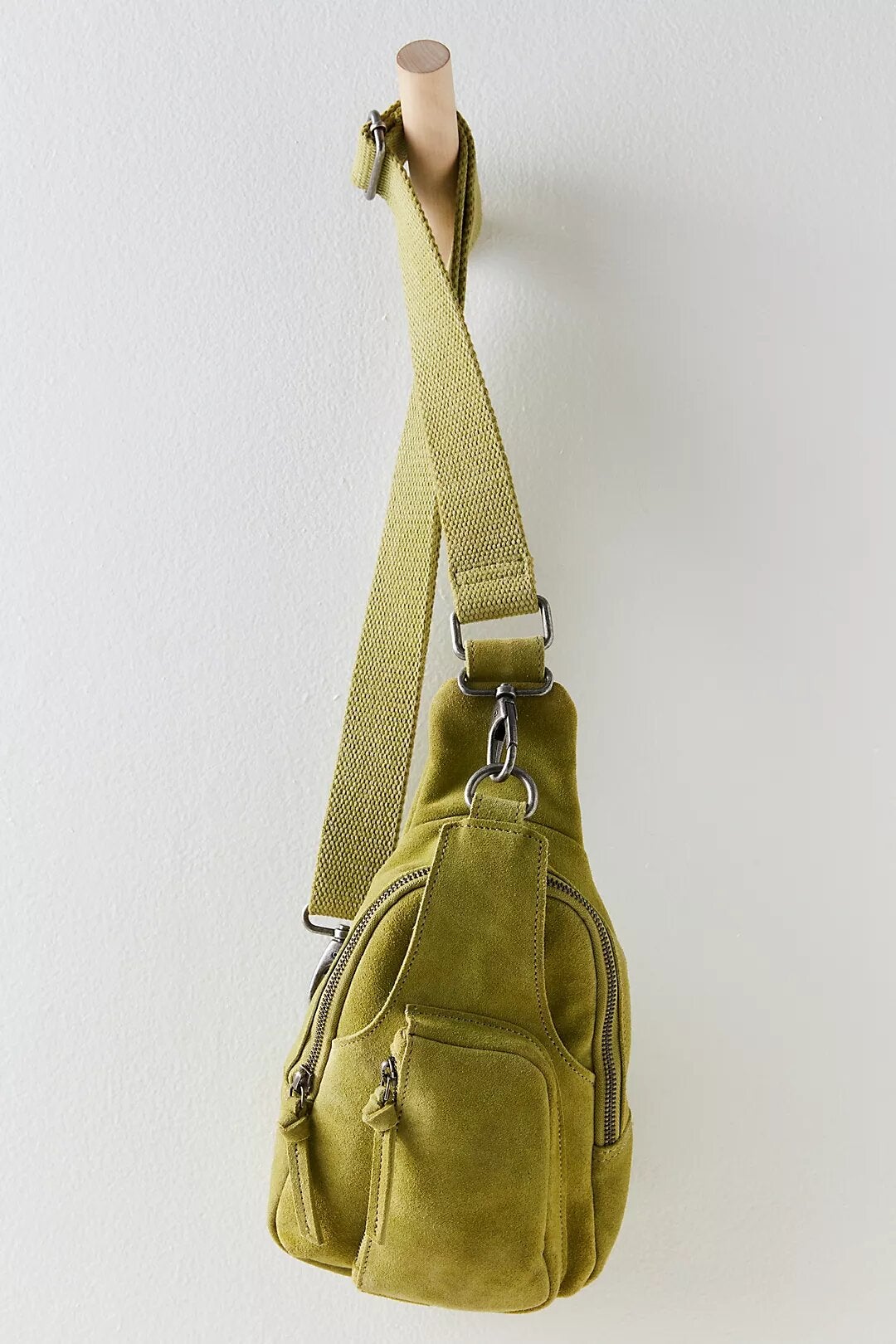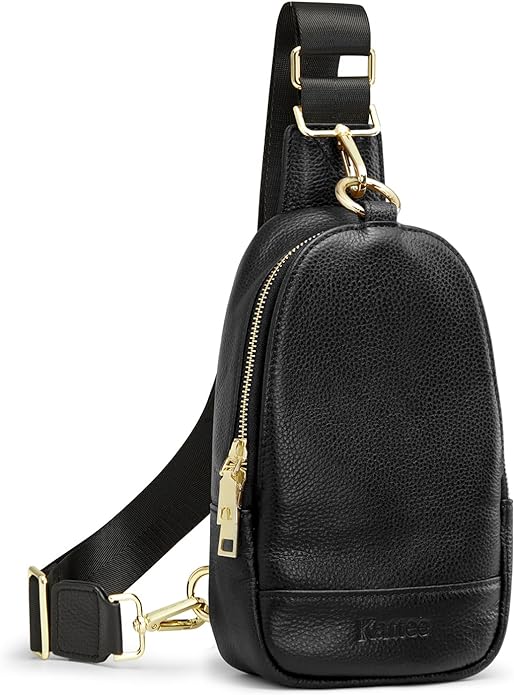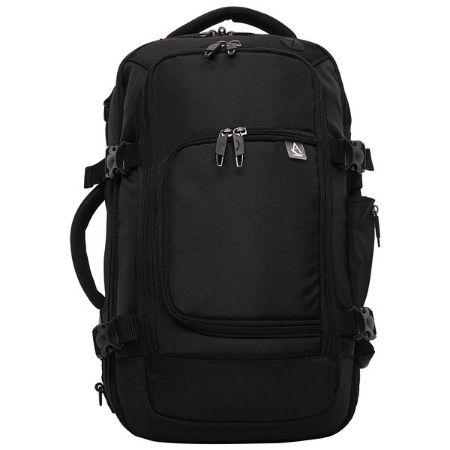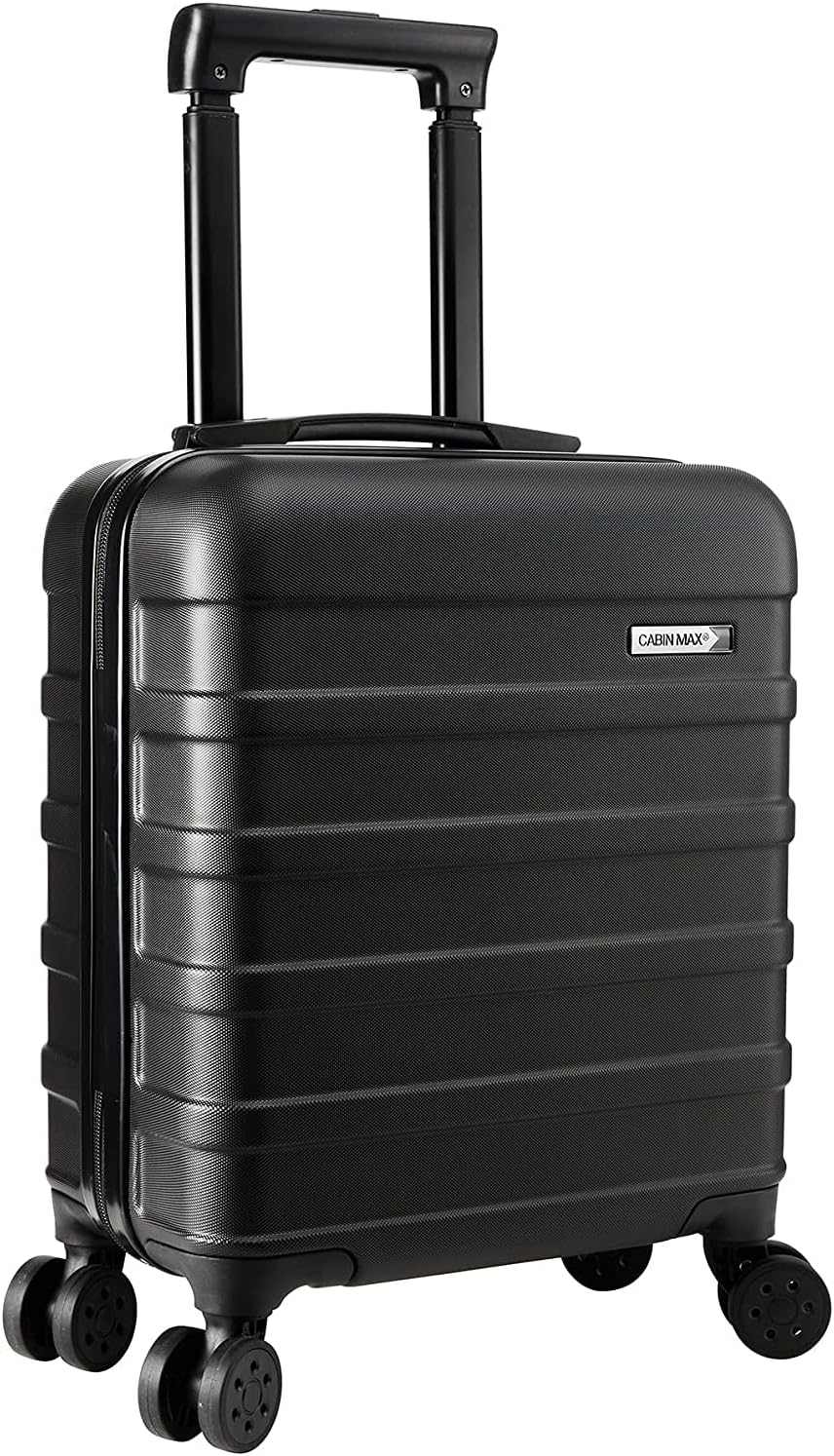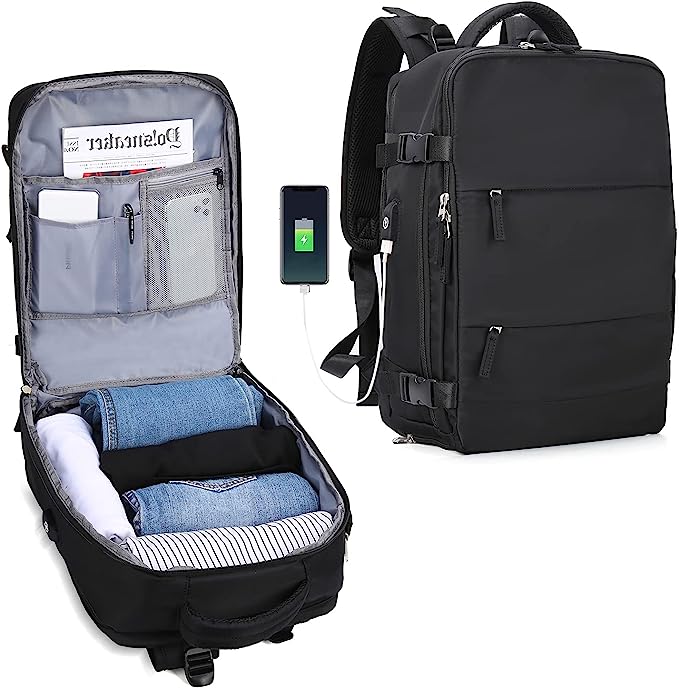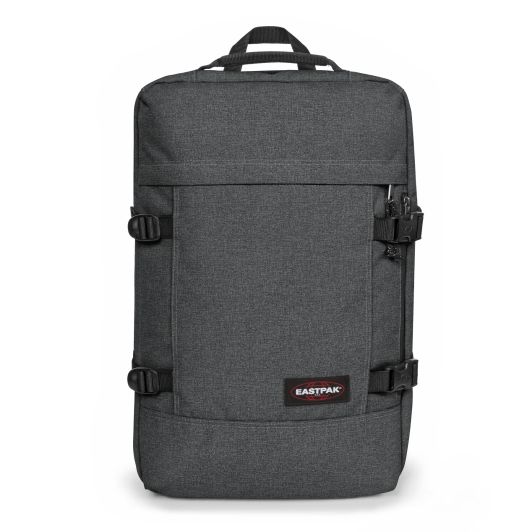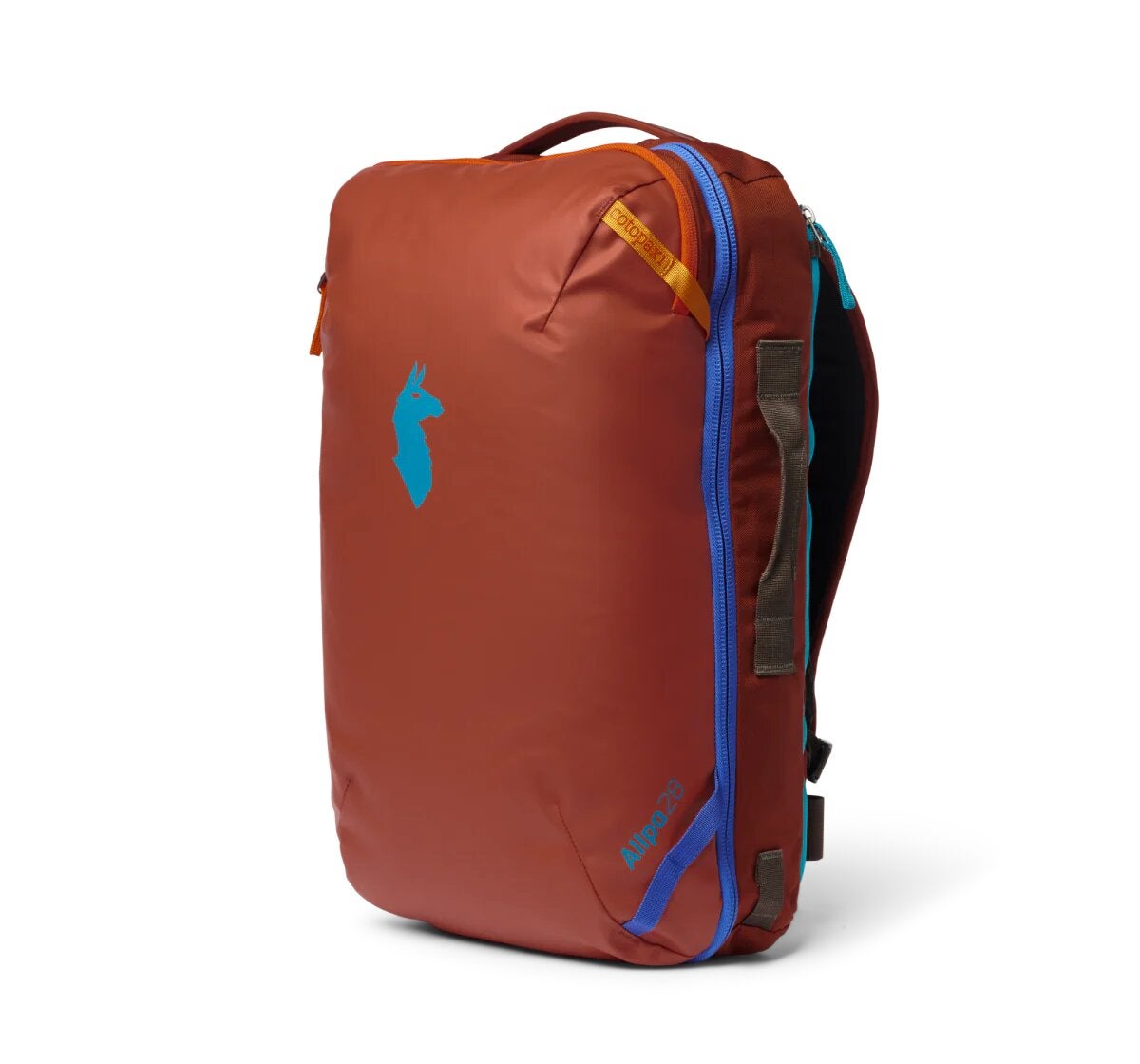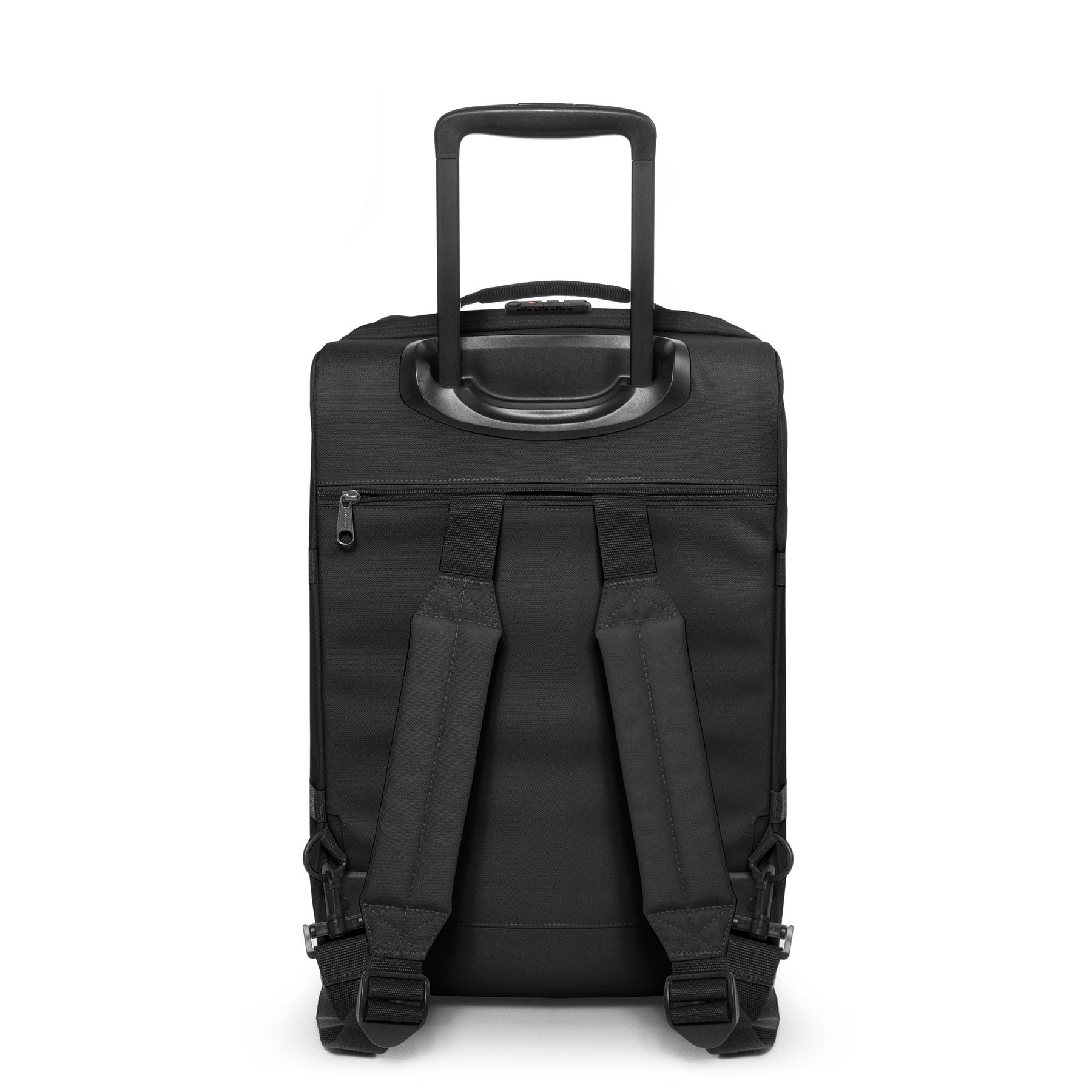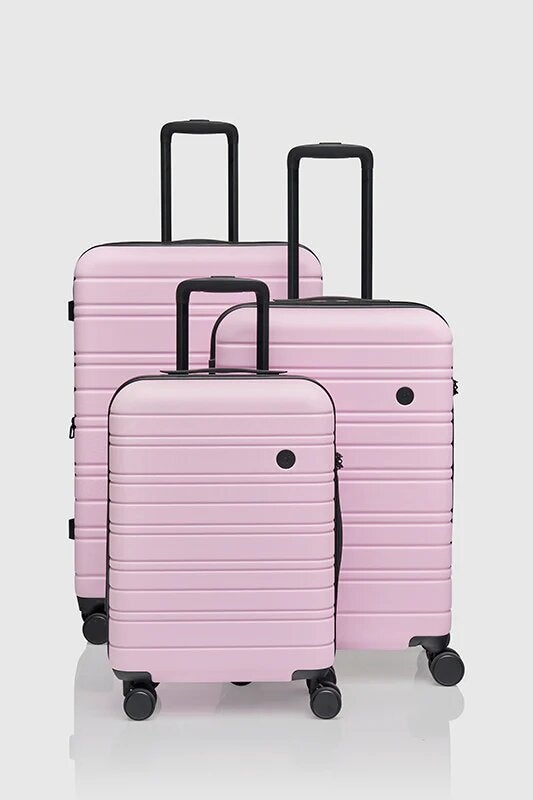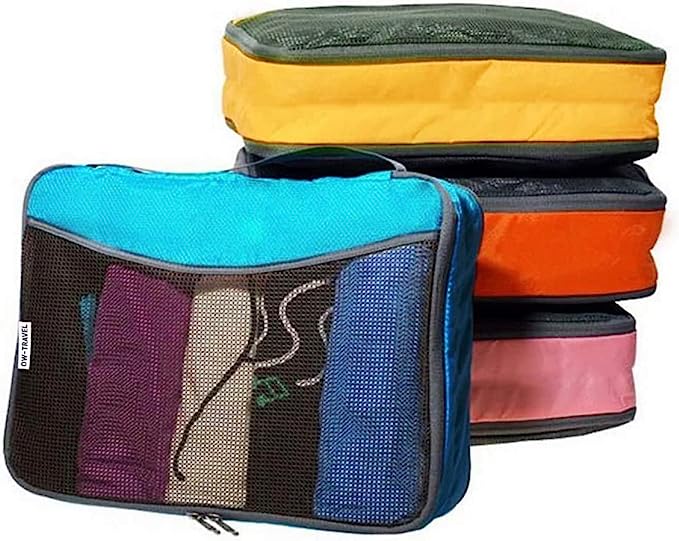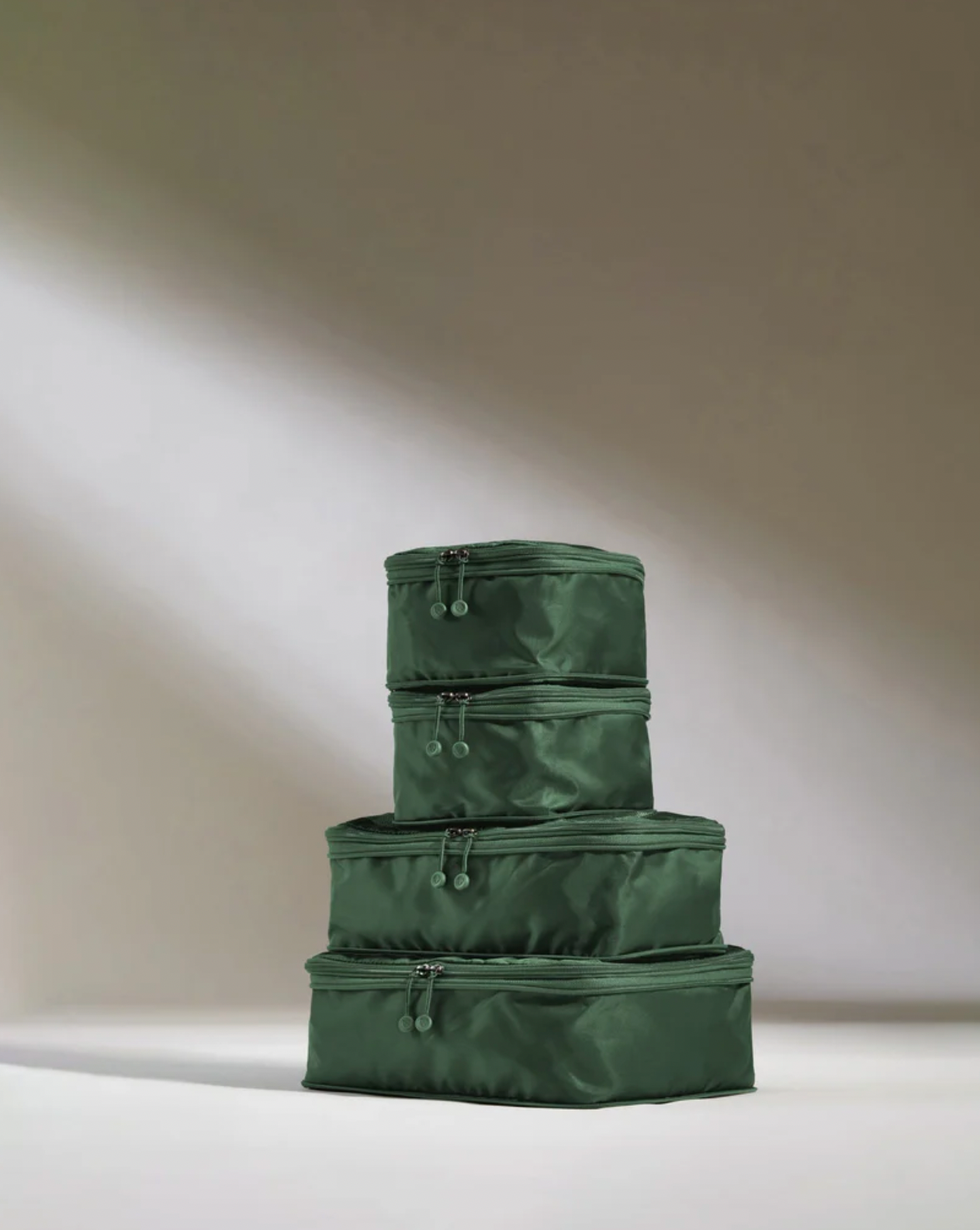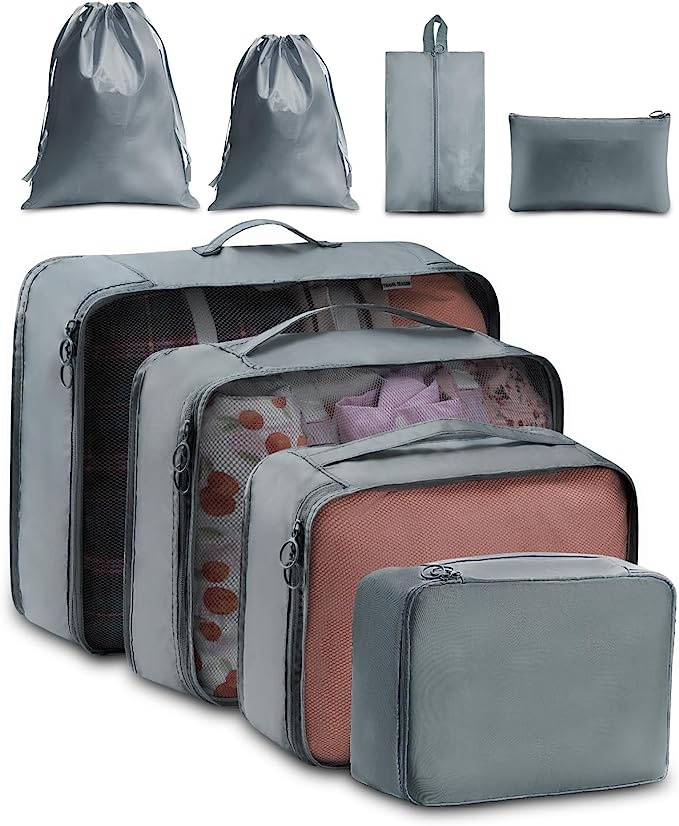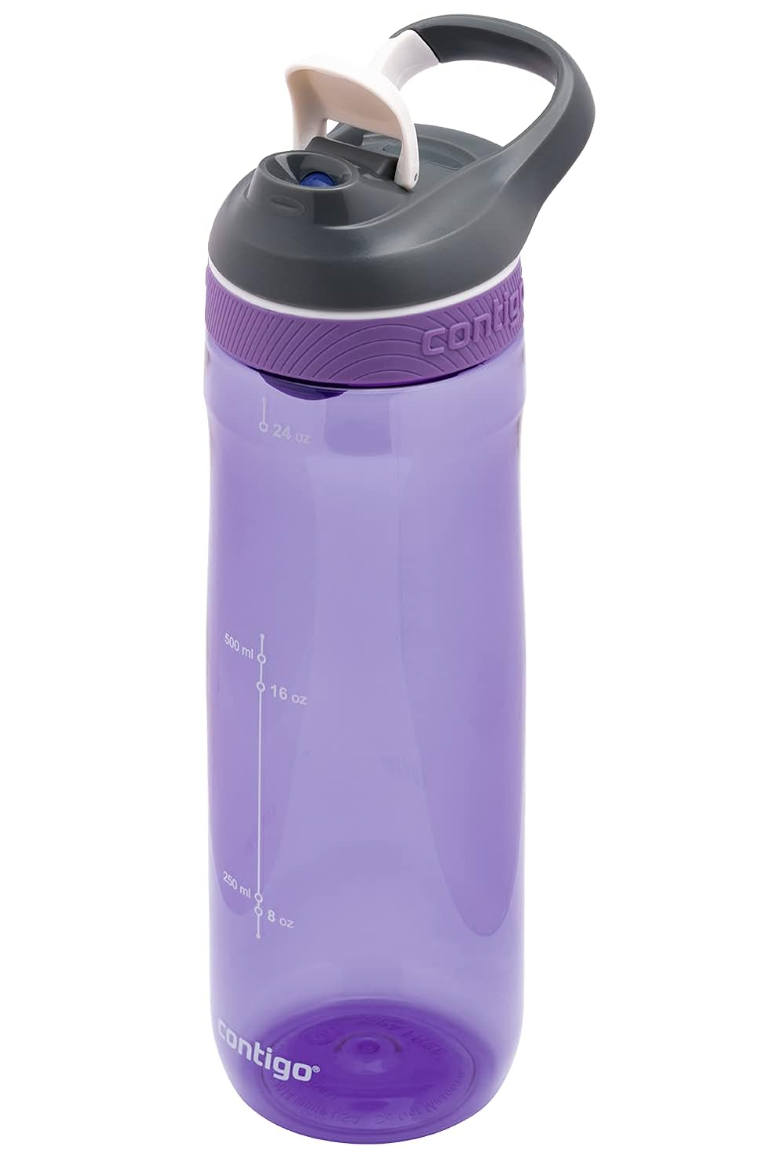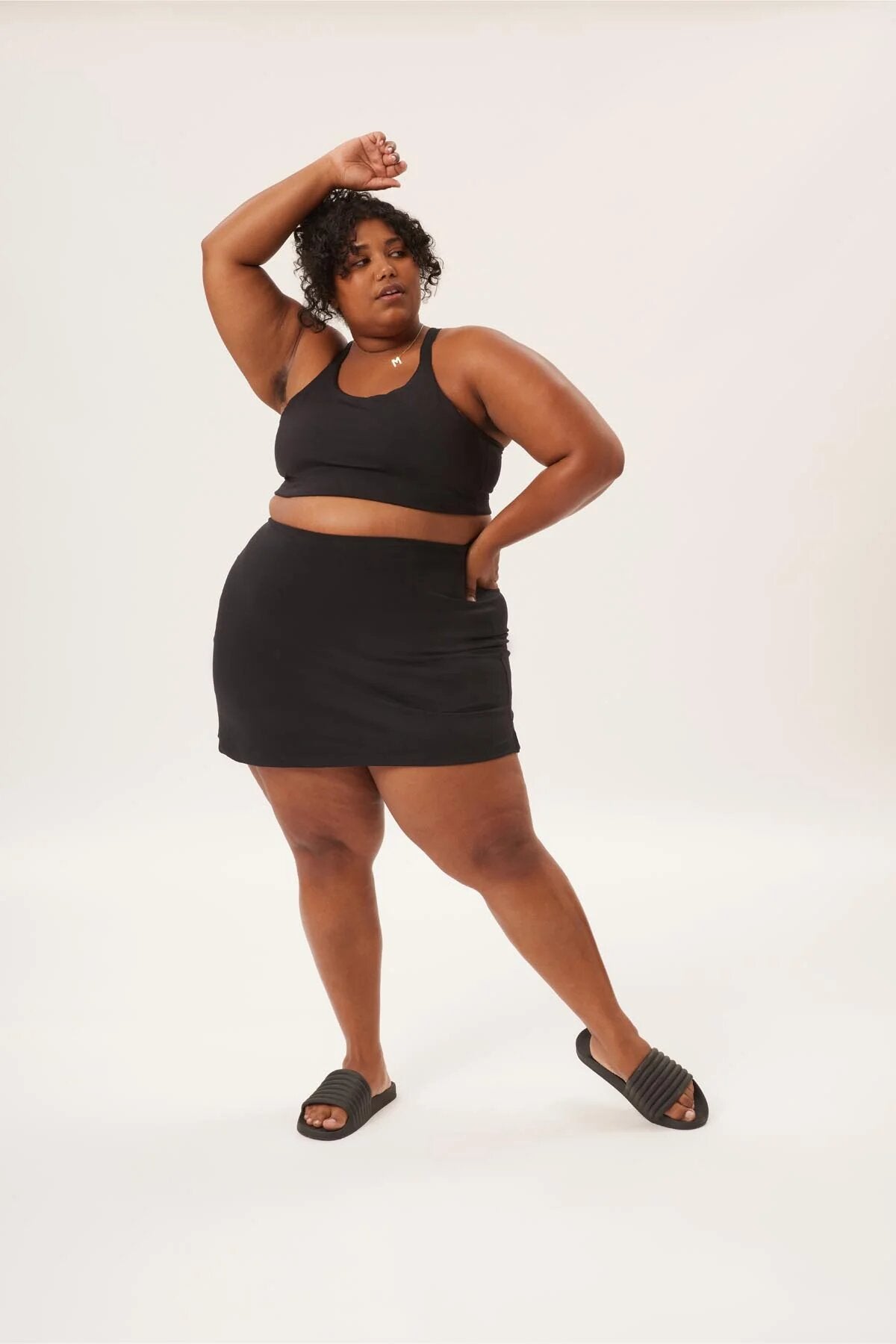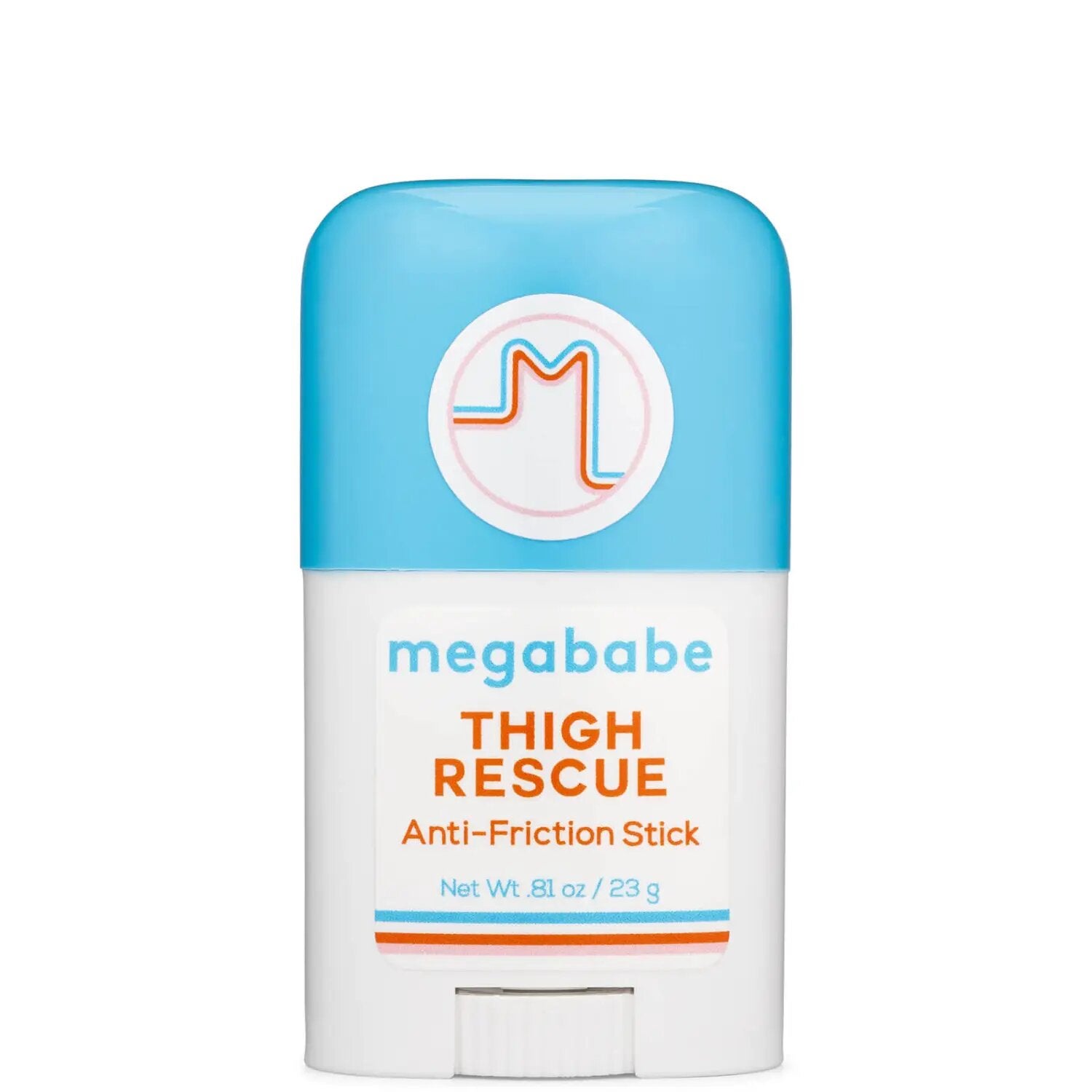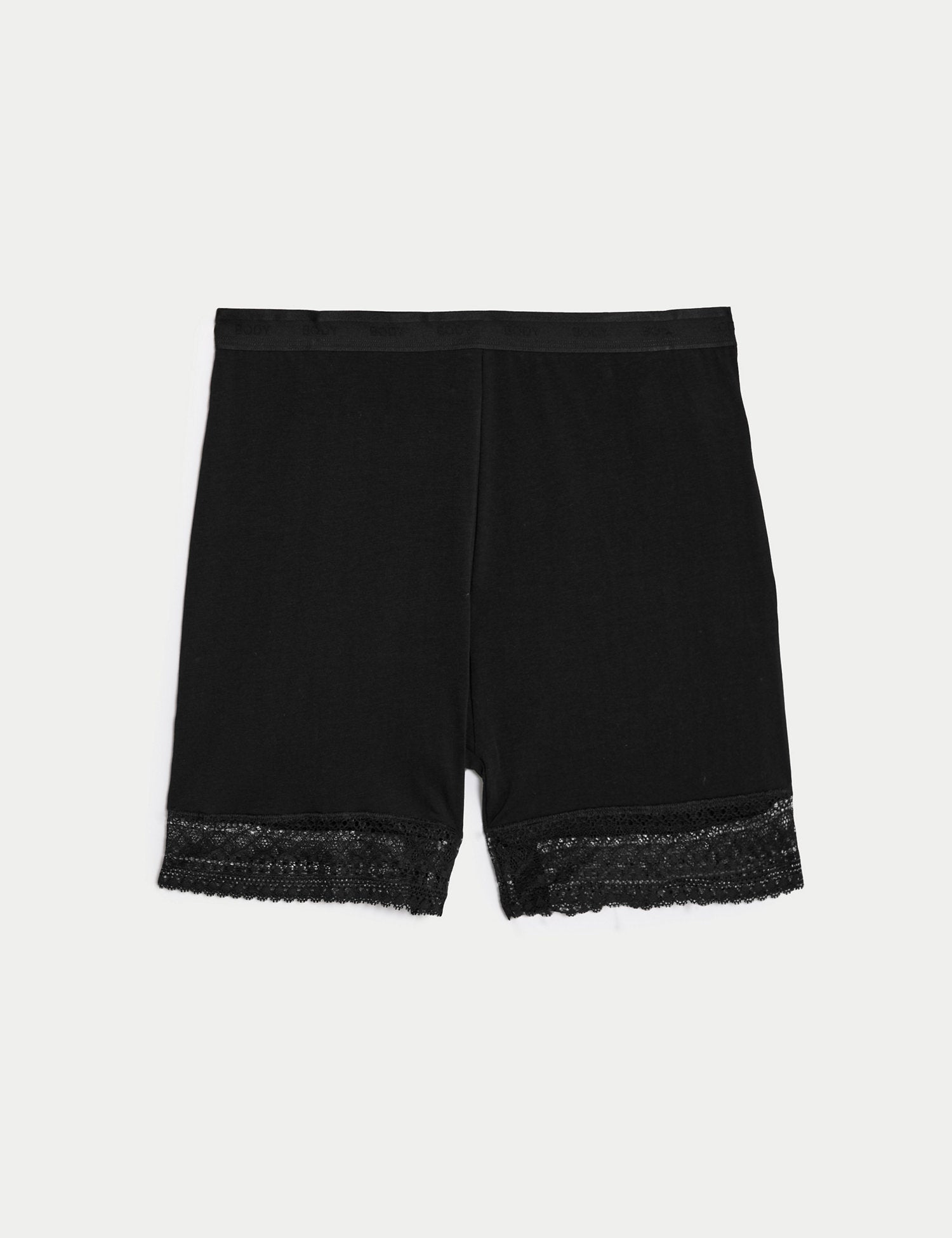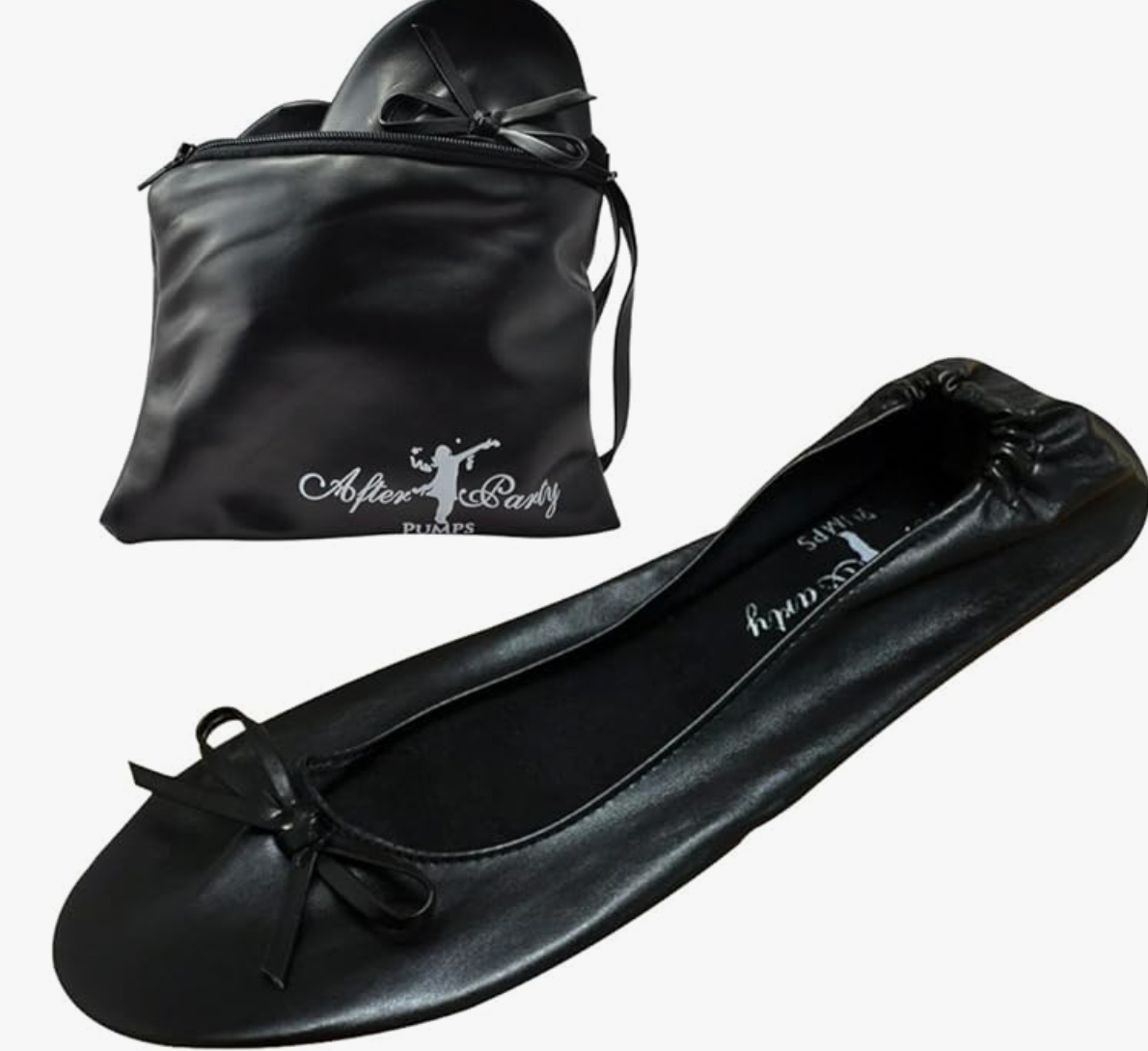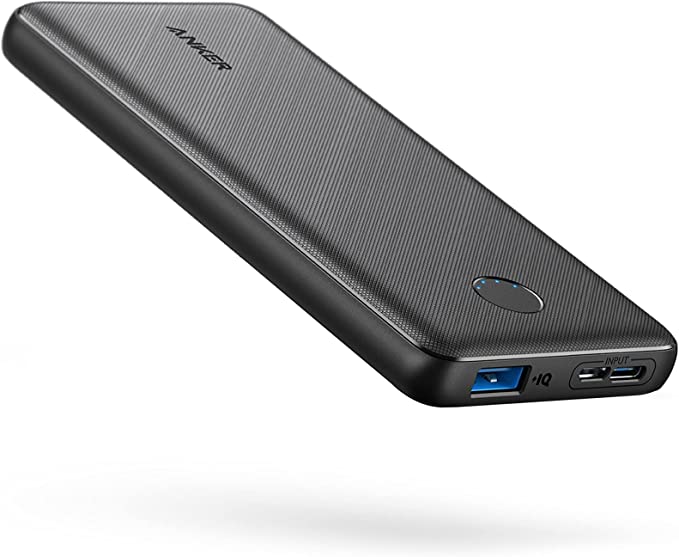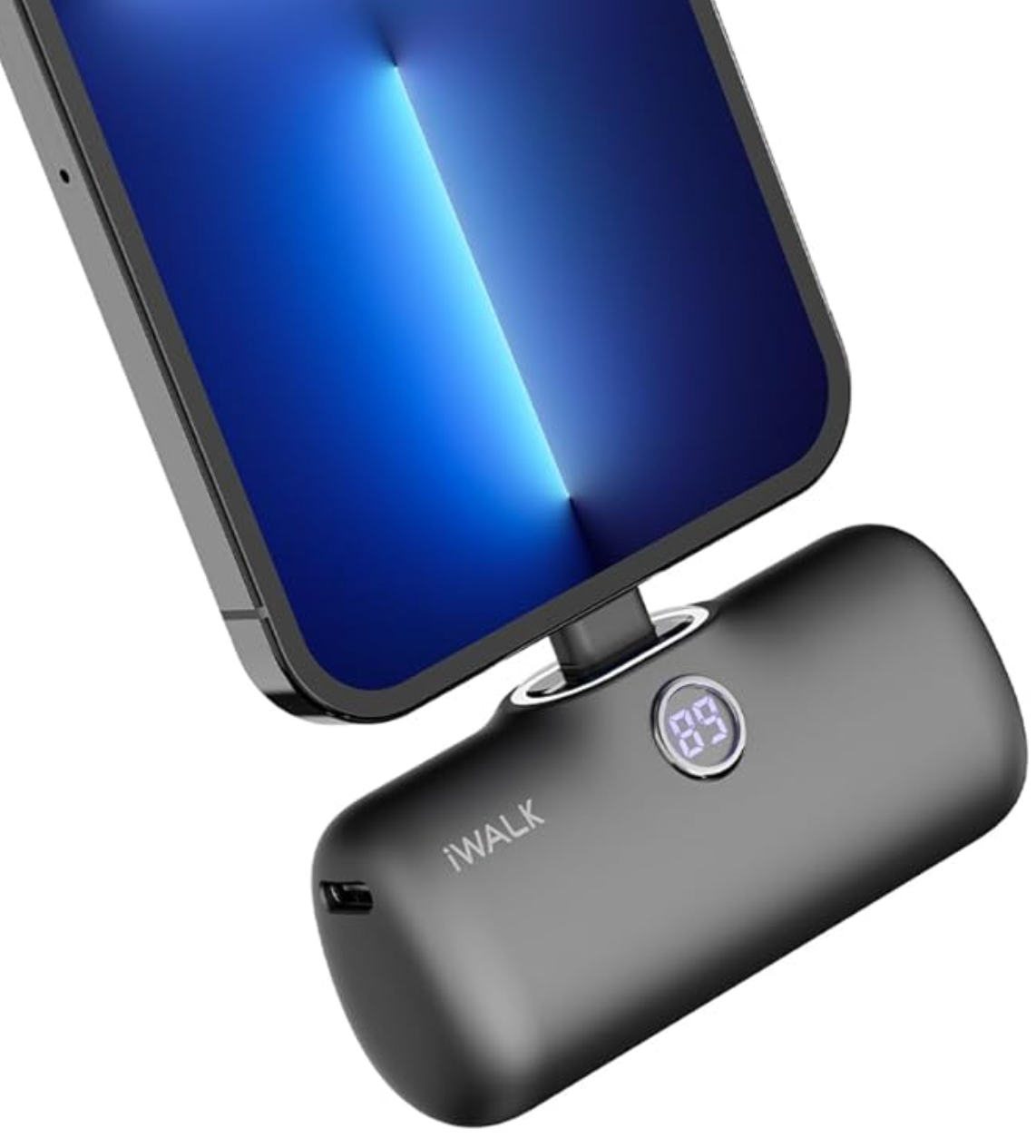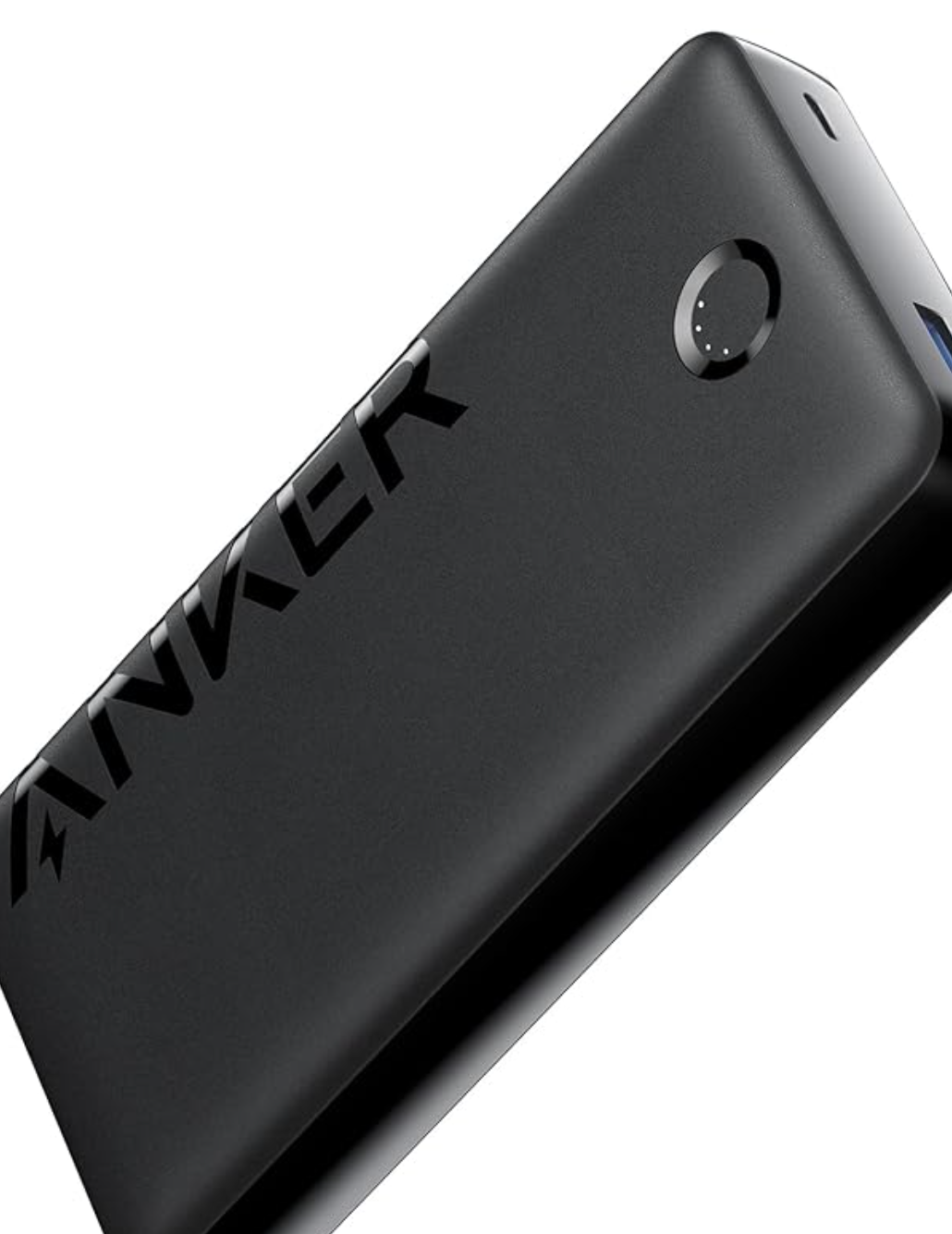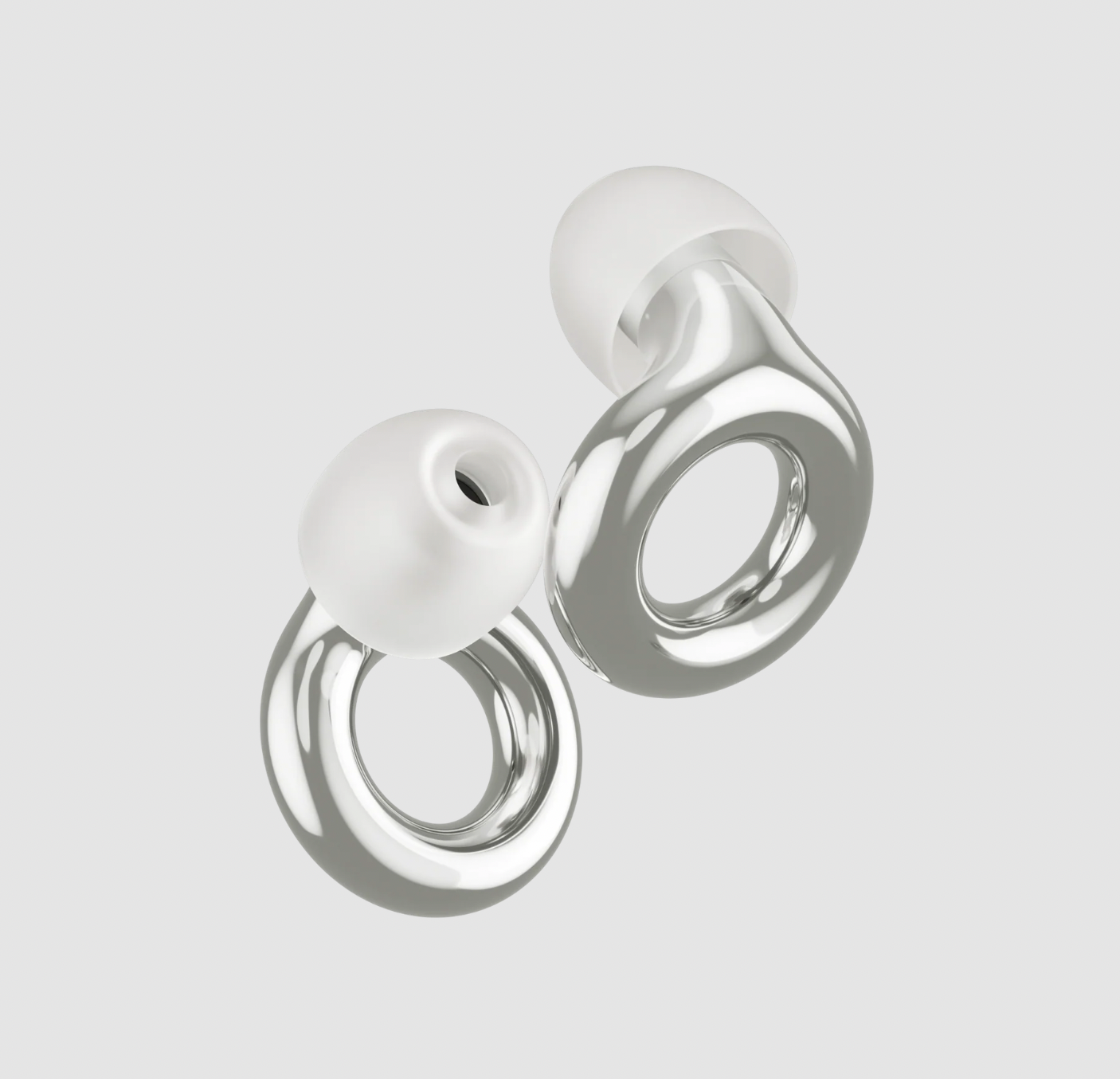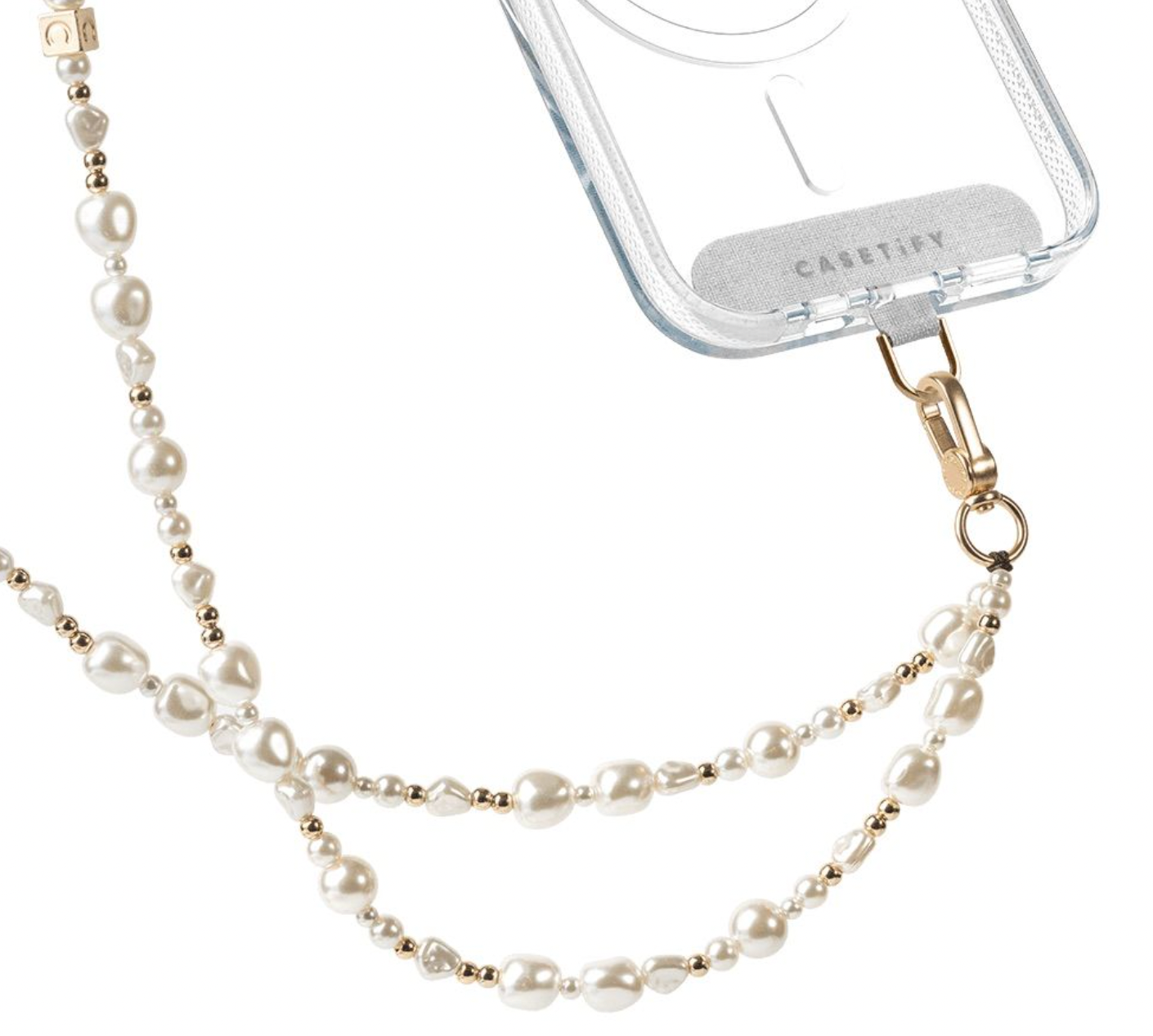How To Pack & Prepare For A Concert Or Music Festival (That’s Not In Your Hometown)
All linked products are independently selected by our editors. If you purchase any of these products, we may earn a commission.
Photo: Courtesy of Esther Newman.
As anyone with an undying love for live music knows, packing and preparing for a music concert or a music festival in the UK is stressful enough. Concerts can be whole-day events, requiring all the energy to stand for hours and sing/scream until you’re hoarse, and hours of travel there and back, navigating public transport or car park jams. Plus, of course, you need to sort out a comfortable outfit that also stands out (especially if you’re in a fandom), sturdy shoes with plenty of ankle support, and a venue-approved bag that offers hands-free dancing and holds lots, Tardis-like. (And you thought battling Ticketmaster was bad enough…). Now, quadruple the days, amount of prep and packing, and stress, and you have a week-long music festival; with camping equipment and (sometimes) your own food and drink thrown into the mix.
AdvertisementADVERTISEMENT
But what about international events, where there's also a whole new part of the world to explore, not to mention the joys (and frustrations) of airline packing restrictions, unfamiliar public transport systems and scorching temperatures? According to Expedia, more and more of us are choosing to travel for concerts and festivals, rather than on traditional holidays — nearly 70% of Brits are more likely to travel for a concert outside their own town, and 40% taking it as an excuse to visit a new country. On average, they also revealed, fans would pay a whopping £405 to see their favourite artists.
I, for one, an avid fangirl who lives and breathes the anticipation, excitement and adrenaline of live music, can attest to this. Much of my hard-earned cash goes on concert tickets, and I’ve travelled plenty for concerts; mostly, not living in or near a major city currently, it’s endless trips to London and expensive hotel rooms, so as to avoid the dreaded last-train-home dash. I’ve also flown to Barcelona for Primavera festival and Budapest for Sziget — cramming city sightseeing and beach days in there too.
And so, I wanted to put all my years of concert- and festival-going experience into one handy guide. Consider this to be a cheat sheet for making the most of your next international concert or music festival (especially if it’s doubling up as your summer holiday). Covering packing tips and luggage, fashion suggestions and practical advice about accommodation, travel insurance and dealing with emergencies, read on for everything I’ve learned and everything I’ll be doing differently next time around.
AdvertisementADVERTISEMENT
Travel & accommodation tips for concerts or music festivals
It’s never too early to start planning
Plan your journey well in advance to secure the cheapest flights, train or coach tickets (early birds always make a saving). It’s also worth checking whether your festival offers any all-inclusive packages or travel additions — like Sziget's airport shuttle bus — which can remove a lot of the stress. You’re likely to meet other festival- or concertgoers on your flight or airport collection so it’s a great way to make new friends, too.
Plan your travel to the concert or festival
Whichever event you’re off to, you need to do your research about your accommodation — especially if it's a festival, since they tend to vary. Sziget, for instance, offers free onsite camping (basic camping only) as the festival is held on the island of Óbudai-sziget in the Danube (read our guide to camping festival essentials here). If your festival is mainland-based or if, like me, you want to experience city life, then things get a little more tricky.
Last year my friends and I rented out a flat in the heart of Barcelona’s Gothic Quarter — it was the perfect base for exploring tourist hotspots and wandering around the city's winding alleyways. We didn't anticipate, however, that this would make getting home at night difficult. Primavera is held at Parc del Fòrum, on the coast towards the north of Barcelona, so when the music finished in the wee hours, we found ourselves traipsing the streets around the venue, looking for night buses and trying to flag down taxis.
AdvertisementADVERTISEMENT
I’ve since learned to double- and triple-check public transport at all hours of the day and night, adding these routes to my itinerary. Some city-based music festivals plan for visitors and offer travel passes. For example, Sziget has their own Citypass, which gets you unlimited public transport for three, five or nine days. Since a lot of your money at an international festival goes on travel, signing up for these sorts of passes is a no-brainer — plus it’s perfect for those who want to sightsee. You can also use it from the airport straight to your accommodation. If you really want to take the stress out of the equation, some festivals partner with nearby hostels and hotels (again, Sziget are on it and have teamed up with Márton Áron Hostel, a 20-minute walk away), though these can be more expensive. If you have the time, I suggest doing some window shopping and comparing prices.
Double-check your passport is valid (& make sure you don’t lose it)
When we went to Primavera in 2022, the festival coincided with my friend’s birthday. Perfect, we thought. We can celebrate with sangria and tapas at the beach during the day and then out at the festival in the evening! That was until my friend realised her passport had almost expired. She got a slot for an emergency passport but the appointment was in Glasgow — and, at the time, we were living in London. Overall my friend had to shell out £50 for the flight up there and £155 for the fast-track passport renewal. Moral of the story: Double-check that your passport is valid for European travel, especially since the rules changed when the UK left the EU. Most EU countries now require your passport to have been issued less than 10 years before you are due to enter the country and to expire at least three months after the date you return home. You can check the travel advice (and up-to-date COVID information) for your country here.
AdvertisementADVERTISEMENT
Once you’re all set with a valid passport, you don’t want to lose it. You may need to carry it with you as your ID so get yourself a handy passport carrier. If not, most hotel rooms have a safe where you can store anything valuable.
Consider getting travel insurance for health & other emergencies
Health insurance rules have also changed since we left the EU. If your European Health Insurance Card (EHIC) is still in date, then it’s still valid; if not, you can apply for a Global Health Insurance Card (GHIC), which is very similar. Both should cover you for an unplanned A&E visit. For everything else it’s best to consider getting additional travel insurance — you’ll be so glad of it if you get ill or in other emergencies like theft, lost luggage and accommodation cancellations. Head to the NHS website for more information on healthcare abroad.
Print off all your important documents & itinerary
This sounds very 'dad in airport mode' but if disaster strikes, you’ll want to be able to access all the important information quickly. Your phone battery is a precious commodity at a concert or festival so it's a good idea to have all this info printed out rather than saved in your emails or notes app. In a similar vein, for all of my future events, I’ll be writing out a full itinerary of our travel information: where we’re staying and how we're getting to and from the event. If it is a festival, that's the artists we want to see and when they’re on; if its a concert, all the set times for openers, plus any other key information. I'll store it carefully in a mini notebook that doesn't take up too much space in my bag — just in case my phone does die.
AdvertisementADVERTISEMENT
Packing tips for concerts & music festivals
Don’t forget your concert or festival tickets
It seems obvious but you probably secured your concert or festival tickets so long ago that it’s easy to forget them — or to forget that you need to use a certain app to display them. This was me when I went to see Taylor Swift for her first London Era’s Tour concert. I had brought my tickets through AXS but didn’t realise that I needed to refresh the app for a certain barcode to appear. The WIFI situation at Wembley was very shaky and it took a good ten minutes to load — luckily I was there in plenty of time, but it could have been a very different story if I was running late.
For concerts, check your venue’s bag policy
If you’re off to a concert, this is vital. Even for some music festivals, there are bag restrictions — especially city-based day events like British Summertime at Hyde Park or All Points East. I recommend doing your research prior to your event about what is and isn’t allowed: arenas and stadiums can differ, and there are different rules from country to country. For example, in the US, many venues only allow clear bags, whilst Sweden has imposed a ‘bag ban’ for major events. Click here for our own in-depth, fangirl-approved guide to the best bags for UK concerts. Personally, I alternate between my trusty Uniqlo Round Mini Shoulder Bag, £14.90, Núnoo Ellie Recycled Bag, £110, or the Lululemon All Night Festival Bag 5L, £68.
AdvertisementADVERTISEMENT
For festivals, double up on your carry-on bag
A brilliant way to minimise your packing is to take items that do multiple jobs. A hands-free bag — be it cross-body or a backpack — that fits your airline’s carry-on restrictions is a great shout (sometimes you can sneak a small cross-body bag through the gate if you keep it on yourself). Opt for one that's not too bulky and has thick straps for comfort and lots of pockets to hold all your essentials. A neutral colour will match all your festival outfits.
Do your research & don’t overpack
What does the weather forecast look like? How is the venue set out? What's the local currency? What have you got planned each day? The best way to prepare for any concert or music festival (or holiday) is to pack lightly but wisely, doubling up on items where you can. Check what your holiday rental, hotel or hostel provides so as not to pack unnecessary items (this often includes things like towels, toiletries and a hairdryer) and communicate with your travel buddies — you don't all need to bring a pair of hair straighteners and one first aid kit between you will be plenty.
Most importantly, know your luggage allowance
There’s nothing worse than packing for a holiday only to realise at the airport that your suitcase is too big or too heavy and you have to shell out for the excess. To avoid this, shop carefully for a case that fits your airline’s requirements. These are the free-bag dimensions for the most popular airlines:
AdvertisementADVERTISEMENT
easyJet: 45 x 36 x 20cm
Ryanair: 40 x 25 x 20cm
Jet2: 56 x 45 x 25cm
British Airways: 40 x 30 x 15cm
Wizz Air: 40 x 30 x 20cm
Norwegian: 55 x 40 x 23cm
My go-to for short-city staycations is the Cabin Max Anode 30L Underseat Case, £39.95. Measuring 45 x 36 x 20 cm and weighing 2.2kg, it's designed to fit easyJet's free luggage requirements. Mine has seen me through many a budget flight and I'll be packing it again for future international festivals (I love that it's a hard case). If you're flying Ryanair, which has even more restrictive size requirements (40 x 25 x 20 cm), then I recommend Aerolite's 3 in 1 Cabin Luggage, £42.99. The best budget buy is SZLX's Large Travel Backpack, £29.99, which measures 42 x 31 x 17 cm and opens up like a suitcase, with lots of pockets and compartments to keep your things organised.
If you're willing to pay a little more for a cabin bag, then the following are at the top of our list. A travel backpack especially is a must for those travelling to international camping festivals. For the best of both worlds, Eastpak's Strapverz S, £150, combines a backpack with a wheeled suitcase (its dimensions are 51 x 32.5 x 24 cm).
AdvertisementADVERTISEMENT
Saying this, for concert-goers, you probably need more luggage space than you anticipate…
Of course, it can be tricky to pack lightly when you have a very specific concert outfit in mind, complete with its own set of accessories, shoes and makeup. My advice for any fan travelling overseas to a concert is to under-pack there or pay a little extra for more luggage allowance — you don’t want to have to compromise on the outfit you spent so long planning, and you’re most definitely going to buy merch which you need space for (not to mention all the usual trinkets and souvenirs from a holiday). When I need a little more packing space, I’ve been loving the Stori 3 Piece Set from Nere, £275. A matching set feels so much more grown up and glamorous, and it’s easy to spot the bright colours at baggage claim.
Pack savvy with packing cubes
Whatever luggage route you take, make the most of the space you have with packing cubes. These are great because they also force you to prioritise the essentials.
Buy your liquids there
The great thing about most concerts and music festivals is that they take place near or in a city and — for many European festivals — you’re allowed on and off-site each day. This means you can easily stock up on toiletries once you’ve arrived.
Be heatwave-ready & sun-safe, but also plan for downpours
Whether it’s a concert or a festival you’re travelling for, prepare for hot weather — you’ll be outside, dancing and sweating for hours on end. Not many festivals are known for having lots of shade coverage, and many stadiums are open. Pack a sun hat, sunglasses, SPF (these are our favourites), a hand fan and a refillable water bottle (if your venue allows them); after-sun for back in the hotel room to soothe any rogue burns. If it looks like rain is on the way, that open roof and lack of cover also won’t do you any favours. From someone who didn’t listen to reports of thunderstorms over Harry Styles’ first Wembley show in 2022 and who got soaked, please pack a poncho or rain jacket (you can get clear ponchos to still show off your ‘fit). Sure, I was totally fine and having the time of my life when dancing in the crowd, but I was so cold and wet on the nearly hour journey home (most of which was spent waiting to get to the Tube) that I was ill for the rest of the week.
AdvertisementADVERTISEMENT
Prepare for chafing
For many of us, hot weather means one thing: thigh chafing. Stay cool and comfy with items like anti-chafe sticks and slip shorts. I’ve found that a skort is a lifesaver for festival dressing (it's pricey but I swear by the comfort and quality of the Girlfriend Collective Sport Skort, £72).
Wear comfortable shoes
You won’t just be dancing and walking miles around a festival site or arena, you’ll also be pounding the city streets as a tourist. Be sure to pack only your most comfortable shoes (and whatever socks you need to wear with them). As it’s likely to be hot where you’re heading, I recommend a pair of sturdy trainers. If you’re determined to wear those sparkly cowboy boots for your concert though, be prepared for aching feet (these fold-away ballet flats are great for the commute home).
Pack swimwear just in case (yes, especially for international music festivals)
Because of the beautiful weather and their beachside locations, many European festivals also offer the opportunity to cool off in the sea, pool or lake (Sziget has its own private beach complete with a Tanqueray gin bar). Pack a bikini in case there’s a chance of an afternoon dip and sunbathing.
Get yourself a battery pack
Even if you’re heading back to a hotel room with charging points at the end of the day, a battery pack is a concert and festival must. You’ll likely be using your phone for everything, from taking pictures and videos to paying for food and following the venue map, so your battery will probably deplete far quicker than usual (yet another reason to write down all the important info about where you’re staying. You don’t want to be stuck in the middle of nowhere, at night, with a dead phone and without the address of your hotel!). I've taken this Anker power bank to Primavera and three Glastonburys now and it hasn't failed me yet. For the Era’s Tour this year, I also invested in two of these wireless portable chargers that are light and easy to use (no wires to faff with).
AdvertisementADVERTISEMENT
A phone strap is a must
Usually, I don’t have pockets when at concerts or festivals, and I hate holding my phone when dancing, but then I also want to be able to capture those special moments so I don't want to be constantly rummaging in my bag. This year, I invested in the 2-in-1 Utility Lanyard from Casetify, £57 and it’s truly changed my life. Even better, it has made me feel so much more secure walking around with my phone, which is a must when visiting a new city; holding your phone to use Google Maps.
Protect your ears
No matter where you’re travelling to, you need to protect your ears from hearing damage. Loop Experience 2 earplugs have become an absolute must in my book — I love that they come in a handy little case that you can slip into your bag.
AdvertisementADVERTISEMENT







